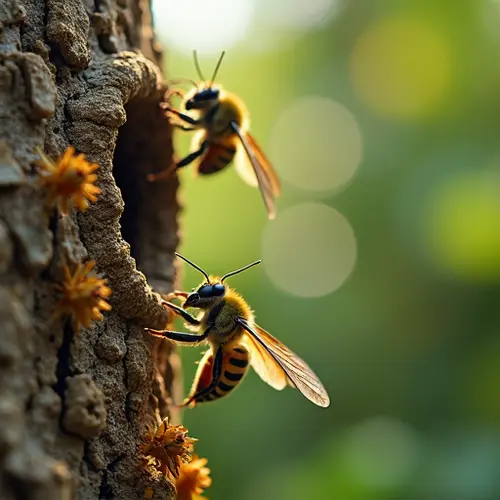
World Leaders Unite for Nature Conservation
Today marks the opening of the Global Conference on Biodiversity Protection in Geneva, where delegates from 196 nations have gathered to address the accelerating loss of Earth's ecosystems. The conference comes at a critical juncture as scientists warn we're facing the sixth mass extinction event.
New Conservation Targets Announced
In a landmark move, participating countries have committed to protecting 30% of global land and marine habitats by 2030 under the Kunming-Montreal Global Biodiversity Framework. This "30x30" pledge represents a significant increase from current protected areas, which cover approximately 17% of land and 8% of oceans worldwide.
"This is our last chance to reset humanity's relationship with nature," said conference chair Dr. Amina Mohammed. "The commitments made here will determine whether we preserve functioning ecosystems for future generations."
Implementation Challenges
While the targets have been celebrated, significant questions remain about implementation. Key discussion points include:
- Securing $200 billion annually for conservation efforts
- Ensuring indigenous communities' land rights
- Developing monitoring systems for habitat restoration
- Addressing climate change impacts on vulnerable species
New satellite tracking technology showcased at the conference promises real-time monitoring of deforestation and coral reef health, potentially revolutionizing conservation enforcement.
Economic Implications
A parallel business summit highlighted the economic case for biodiversity protection. Research presented indicates ecosystem services provide over $125 trillion in annual value to the global economy. "Nature-positive business models aren't just ethical - they're essential for long-term profitability," noted Unilever CEO Alan Jope.
The conference continues through May 22, coinciding with International Biodiversity Day. Final agreements are expected to include binding targets for plastic pollution reduction and invasive species management.

 Nederlands
Nederlands
 English
English
 French
French
 Deutsch
Deutsch
 Espaniol
Espaniol
 Portugese
Portugese








